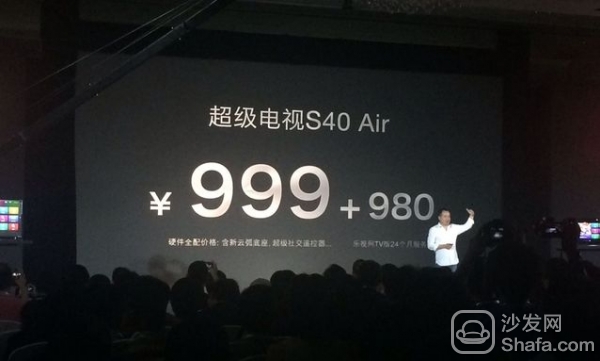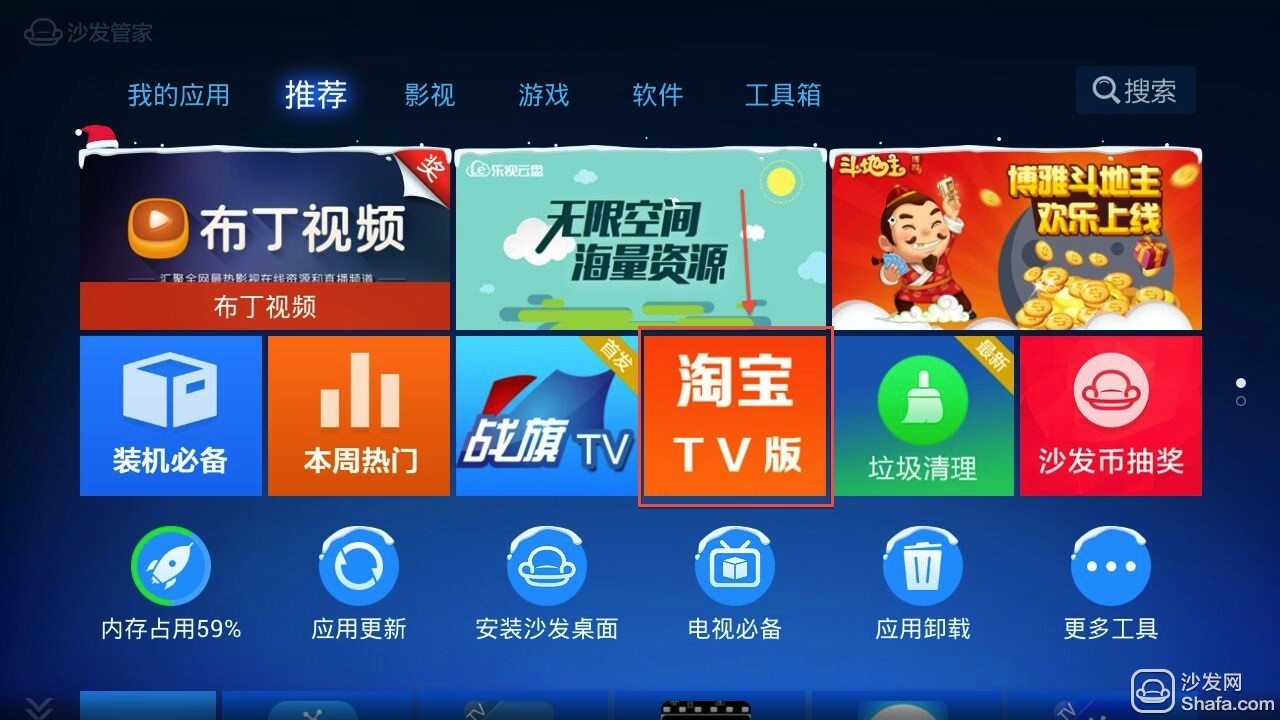At the beginning of 2015, LeTV and Xiaomi's two guest officers started the race with a “Tear-Force Warâ€. What happened in 2014? In 2014, the amount of activation of smart TVs was eventually fixed at 31.10 million units. Among them, the shares of LeTV and Xiaomi were 1.5 million and 300,000 respectively. What caused the difference in sales volume? In which street did LeTV throw off Xiaomi? Everyone can find a comfortable position to see next ~

Compared with traditional TV manufacturers, LeTV and Xiaomi are strong in terms of content, promotion costs, and interaction, but sales channels and after-sales services are weak and take time to lay, so first discuss the issue of sales channels.
LeTV's super sales channels include Leshi Mall and third-party e-commerce platforms and offline sales; specifically, online channels include: Leshi Mall, Tmall flagship store, Jingdong, Suning, Yixun, Gome 1 and other official self-employed Stores and general bank credit card sales centers; offline channels include Gome and Everbright Bank West Branches.
In addition, in August 2014, LeTV launched the “LePar Super Partner Programâ€, adding new offline channels and extending the plan to a new business model of “020+C2B+ Crowdfundingâ€. LeTV said that it has reached cooperation with six channel distributors including Music Communication, Dixon, and Hongtu Sanbao. Its strategic significance is covered by LeTV's in-depth Internet users in the first and second tier markets, and LaPar covers the 3rd and 4th tier markets. Currently, there are more than 500 dealers. After joining LePar, LeTV is accelerating channel sinking.
Xiaomi TV's sales channels include Xiaomi Mall and Tmall, Suning, Gome and other third-party e-commerce platforms, and sales channels are yet to be developed. In addition, LeTV Super TV is shipped from 26 warehouses nationwide. The current distribution scope covers 616 cities and regions. Millet TV's distribution scope covers 266 cities, including more than 200 cities in 2014.
According to the statistics, in October 2014, LeTV’s sales accounted for 32.24% of the total online sales of TVs; in January-October, it accounted for an average of more than 20% of online sales; in 2014, the domestic retail sales of color cables reached 7.87 million units. , an increase of 79% year-on-year, and super-television online sales are substantial.

Capacity
The question of capacity has been around LeTV and Xiaomi. Both LeTV and Xiaomi’s TV products are produced by Foxconn. During the Double 11th Festival and the end of 2014, LeTV was questioned for its production capacity. In this regard, LeTV adopted a pre-sale approach to ease the contradiction between production and sales. On the day of the 9.19 Music Fan Festival, LeTV sold 100,000 units of super-television, and its production capacity has increased significantly.
At the beginning of the release of the millet TV 2, the supply of faults was more obvious. Xiaomi said that because millet TV 2 was equipped with millet home audio, the entire manufacturing process and production process were more complicated, and the mass production ramp was much slower than expected, so the original Millet TV 2, scheduled to be sold on May 27, will be postponed to June 3 for sale. The sales volume will be 3000-5000 units on the open day. In July, Lei Jun pointed out that Xiaomi TV's monthly production capacity will reach 120,000 units. In addition, the release time of Xiaomi TV 2 is in June, which means that there is basically only half a year's sales cycle, which is one of the reasons for its discrepancy with sales volume of LeTV.
product
LeEco entered the Internet TV field one step earlier. Currently, it has introduced several TV products with different screen sizes, including 10 products such as Max70, X60S, 4K X50 Air, S50 Air, and S40 Air L. The diversification of television products can meet the needs of different users to some extent.
From the perspective of TV accessories, there are currently nearly 30 kinds of Leshi Mall, and there are 8 kinds of millet TV. It can be said that from the hardware level alone, LeTV walks in front of Xiaomi TV. Xiaomi launched a Xiaomi box and a Bluetooth controller in January 2015. It can be seen that it is enriching its TV products.
Since millet TV has only one TV product, there is no comparison of product configuration.
Smart TVs, apart from hardware, have comparable content. LeTV started as a video website and has a wealth of content resources. Affected by the OTT ban, Xiaomi TV and Xiaomi's box can present limited content. It can be described as “no rice squats†and sales may be affected. In November 2014, Xiaomi asked Chen Hao came to focus on content operations and content investment. Lei Jun spent $1 billion to “come on the faceâ€. What kind of changes Chen Xiao will give to millet and the Internet industry? Let us wait and see.
price
According to data from Ovid Consulting, TV products under 3,000 yuan are popular in 2014, occupying 61% of total TV sales. According to LeTV's latest offer, LeTV S40 Air L is priced from 2,079 yuan, while S50 Air is priced from From 2979 yuan; In addition, the rapid growth of the large-size market makes the average color TV size from 39.9 inches in 2013 rose to 42.2 inches in 2014, LeTV as a super TV in the price and size, have a good market competitiveness. Millet TV has only one product at present, and its price/performance ratio is good, but it fails to form a comparative advantage.

This kind of comparison is more about the recognition and expectation, observation and analysis of Internet companies participating in the smart hardware market. The concept of smart TV has brought new ideas and breakthroughs to dust-colored TV industry. Traditional home appliance manufacturers are also injecting Internet genes into their own companies. From this perspective, LeTV and Xiaomi are their “mentorsâ€. .
Recommended installation sofa butler, download address: http://app.shafa.com/
